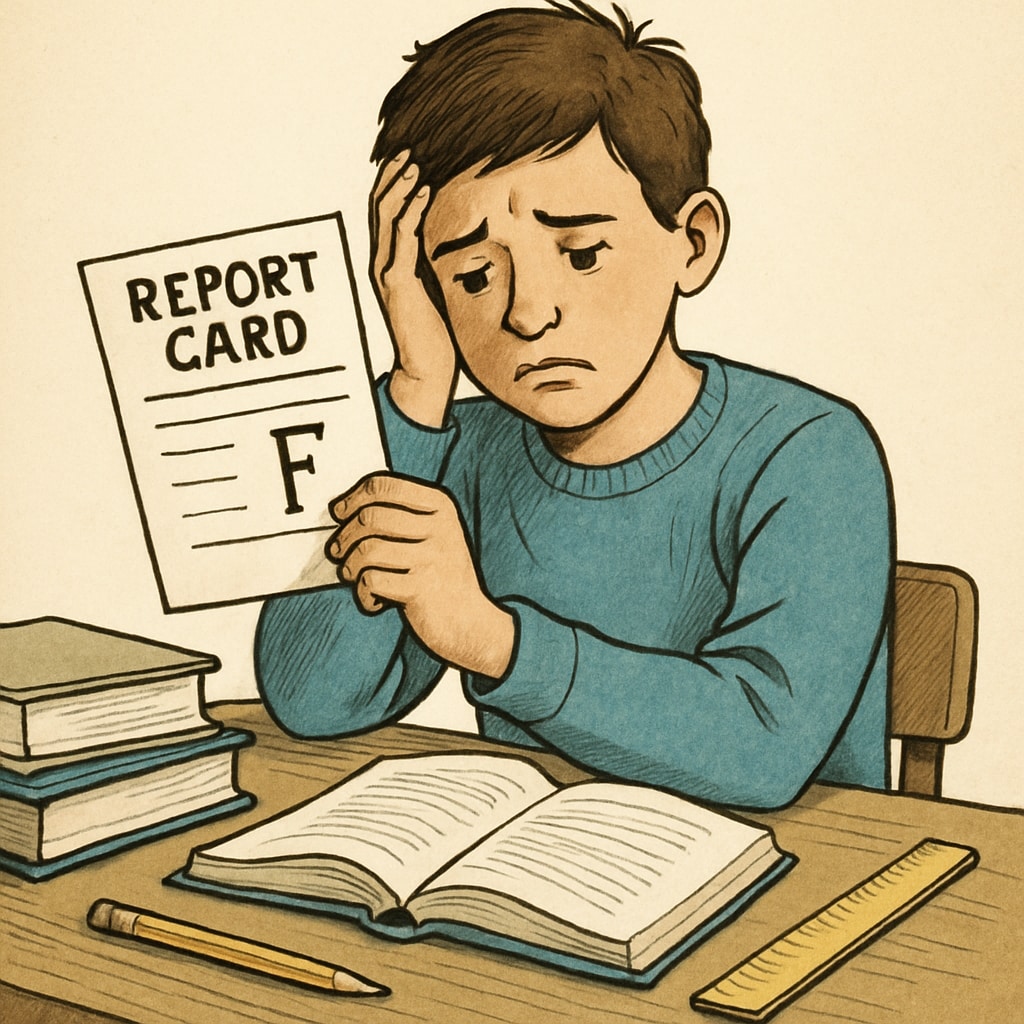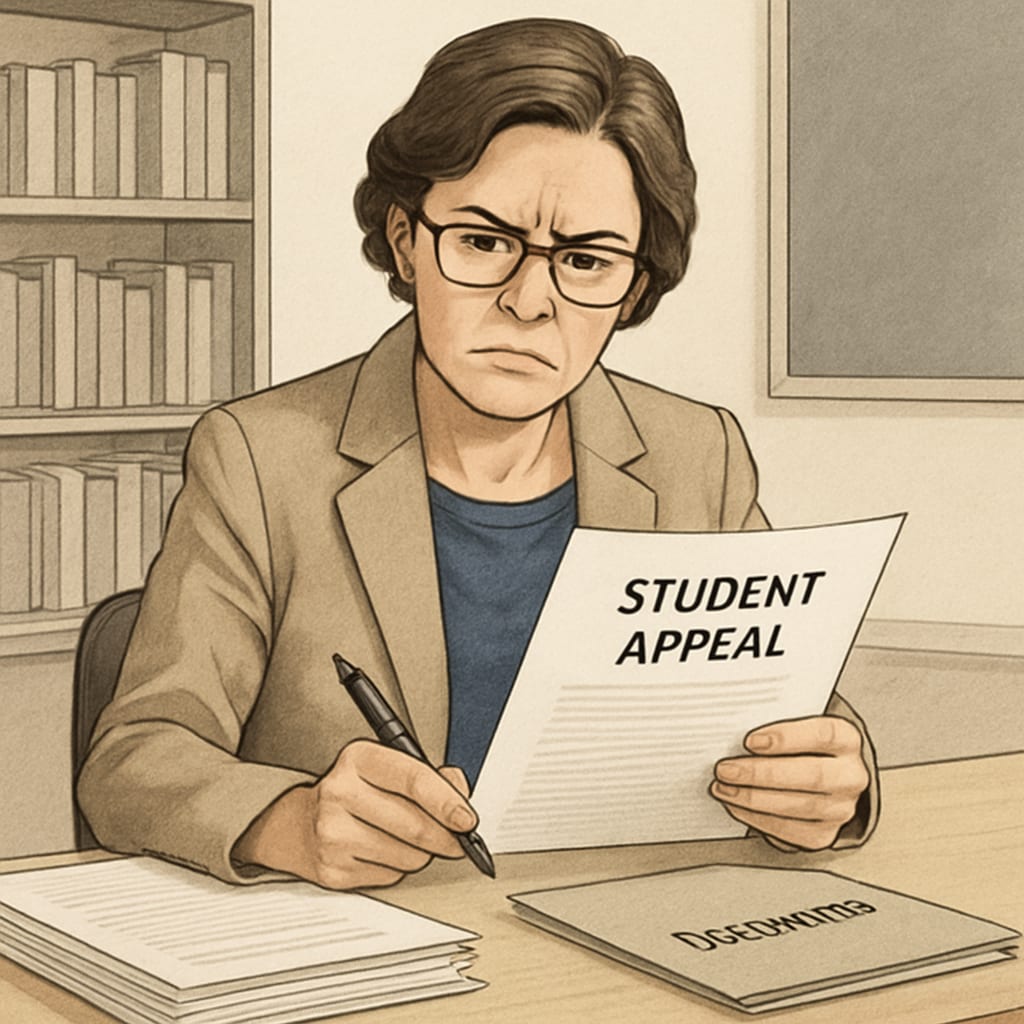Academic appeals, teacher errors, and grading disputes are recurring challenges in K12 education systems worldwide. These issues often leave students feeling powerless, as systemic barriers prevent them from challenging unfair academic decisions effectively. From a lack of transparent mechanisms to cultural stigmas that discourage appeals, the road to academic fairness is riddled with obstacles. To address these challenges, it is crucial to understand the problems at their core and explore actionable solutions that foster equity and transparency.

Challenges in Academic Appeals and Grading Disputes
The process of contesting unfair grades or academic errors often starts with a student approaching their teacher to discuss the issue. However, many students face defensive attitudes or dismissive responses, creating a hostile environment for resolving grading disputes. This initial interaction can discourage students from pursuing their appeals further, even when the teacher’s mistake is evident.
When the issue escalates to higher authorities, such as school administrators or district-level representatives, systemic barriers become more apparent. These include:
- Lack of transparency: Many schools lack clear guidelines for filing academic appeals, making the process confusing and inaccessible.
- Power dynamics: Students often feel intimidated by authority figures, leading to self-censorship or abandonment of appeals.
- Institutional bias: There is often a tendency to side with teachers or administrators, regardless of the evidence presented by students.
- Time constraints: Academic appeal processes may take weeks or months, leaving students with unresolved disputes that can affect their future opportunities.
For example, a study conducted by Britannica revealed that only 15% of students who filed appeals felt their concerns were adequately addressed. This highlights the systemic inefficiencies in handling academic appeals.
Why Systemic Obstacles Persist
Several factors contribute to the persistence of barriers in academic appeal systems. First, many schools lack standardized procedures for reviewing grading disputes. This creates inconsistencies that vary widely from one institution to another. Second, there is an inherent bias within institutions to protect their staff from scrutiny, which can make it difficult for students to receive impartial evaluations of their claims.
Moreover, cultural attitudes towards authority in education often discourage students from questioning their teachers or administrators. In many societies, teachers are viewed as infallible, and challenging their decisions is seen as disrespectful. These cultural stigmas further reinforce the systemic barriers that prevent students from seeking justice.

Solutions for Transparent and Fair Academic Systems
To address systemic obstacles and ensure fairness in handling academic appeals, several reforms can be introduced:
- Establish transparent appeal mechanisms: Schools should create standardized and accessible guidelines for filing academic appeals. This includes clear timelines, evidence requirements, and impartial review panels.
- Empower students with critical thinking skills: Education systems must prioritize teaching students how to evaluate evidence, articulate their concerns, and navigate appeal processes confidently.
- Train educators in accountability: Teachers and administrators should undergo training to handle academic disputes objectively and without bias.
- Leverage technology: Digital platforms can streamline appeal processes, allowing students to submit and track their claims efficiently.
For instance, Wikipedia highlights examples of schools adopting online portals for academic appeals, which have significantly reduced procedural delays and improved transparency.
Call to Action: Building an Equitable Education System
Addressing academic appeals, teacher errors, and grading disputes requires a collective effort from students, educators, and policymakers. By implementing transparent mechanisms, fostering a culture of accountability, and equipping students with the skills they need to advocate for themselves, we can create an education system that values fairness and equity.
In conclusion, while systemic barriers persist, they are not insurmountable. With the right reforms and cultural shifts, K12 education can evolve into a space where students feel empowered to challenge unfair academic decisions and pursue justice confidently.


